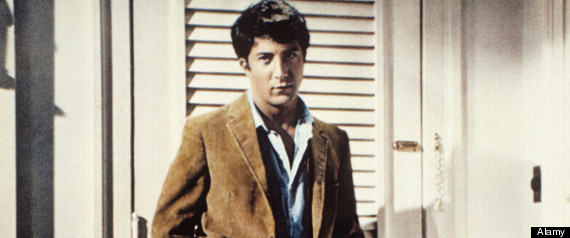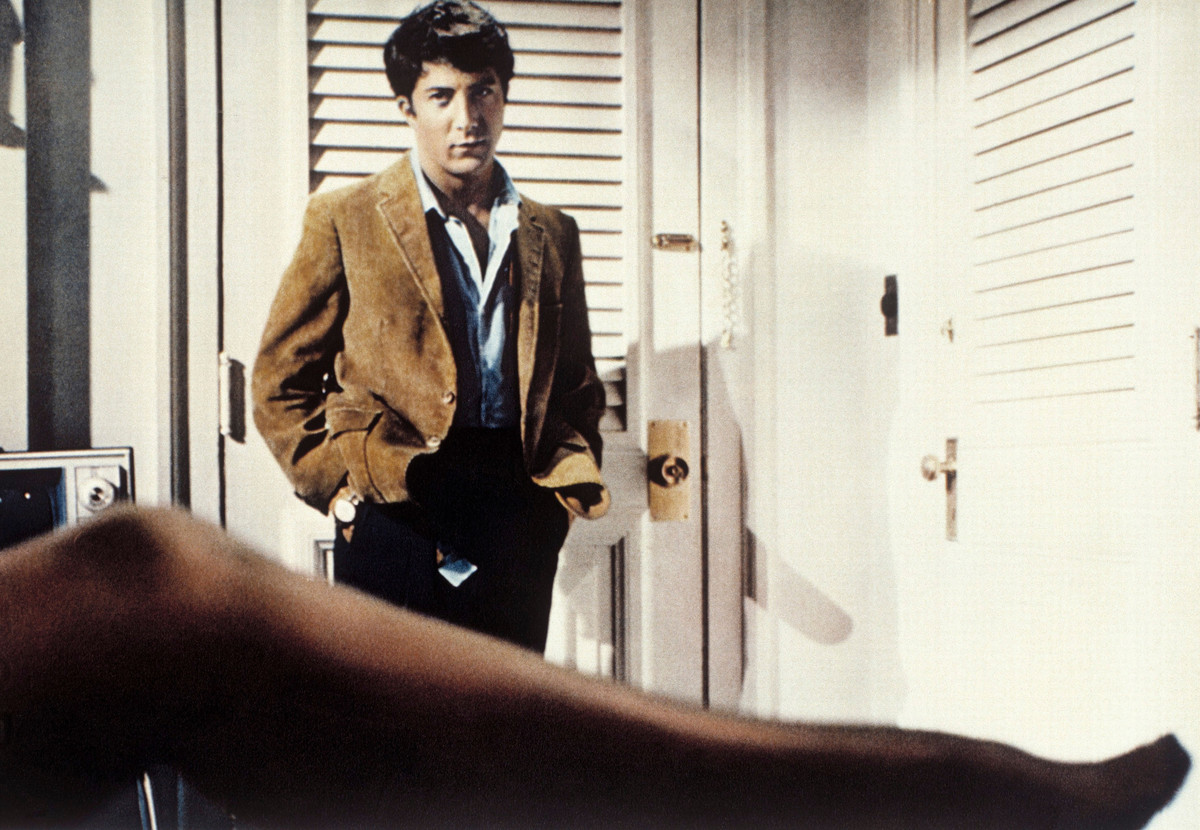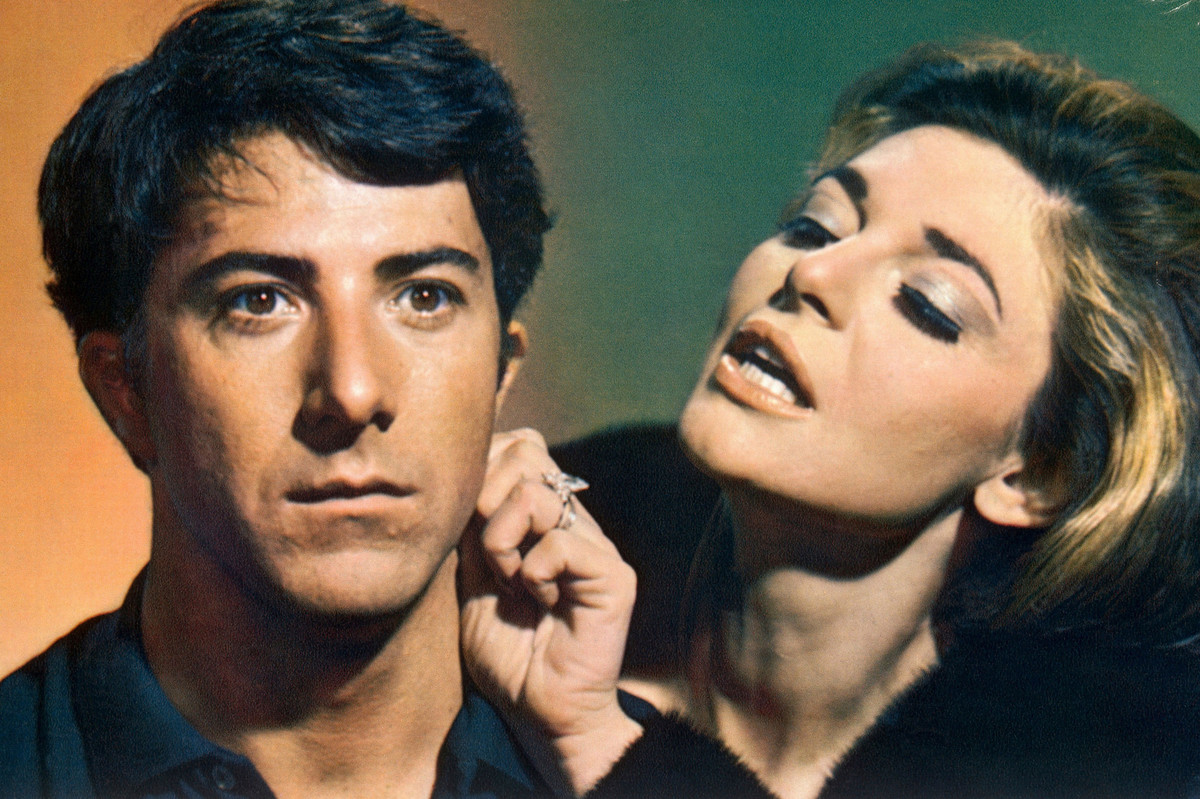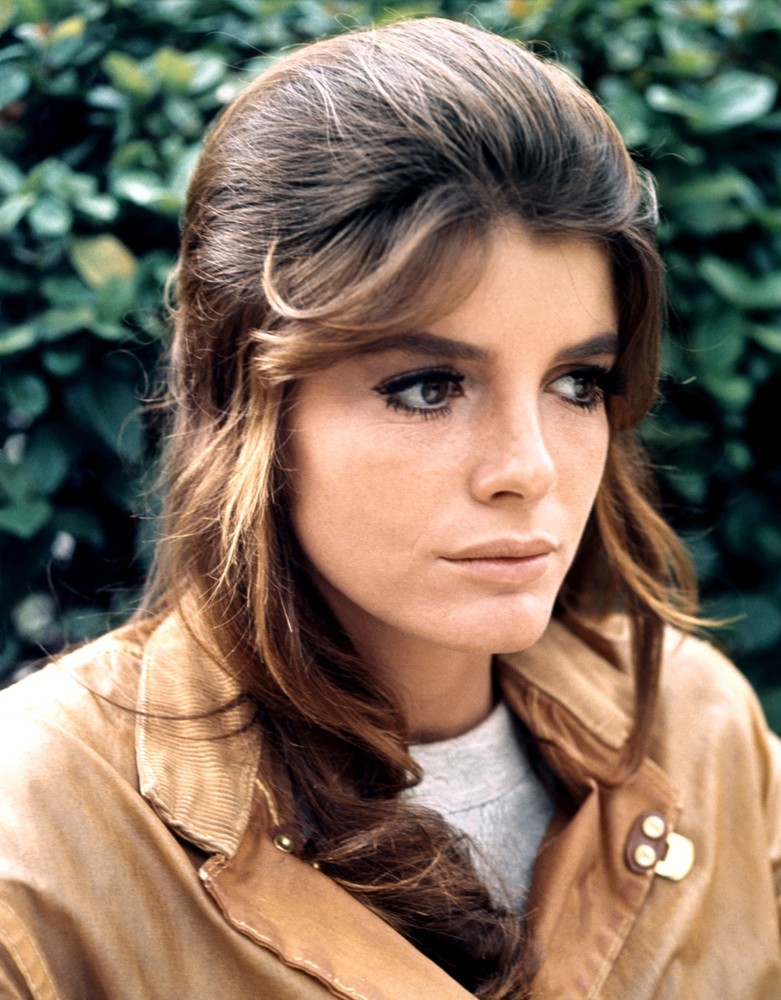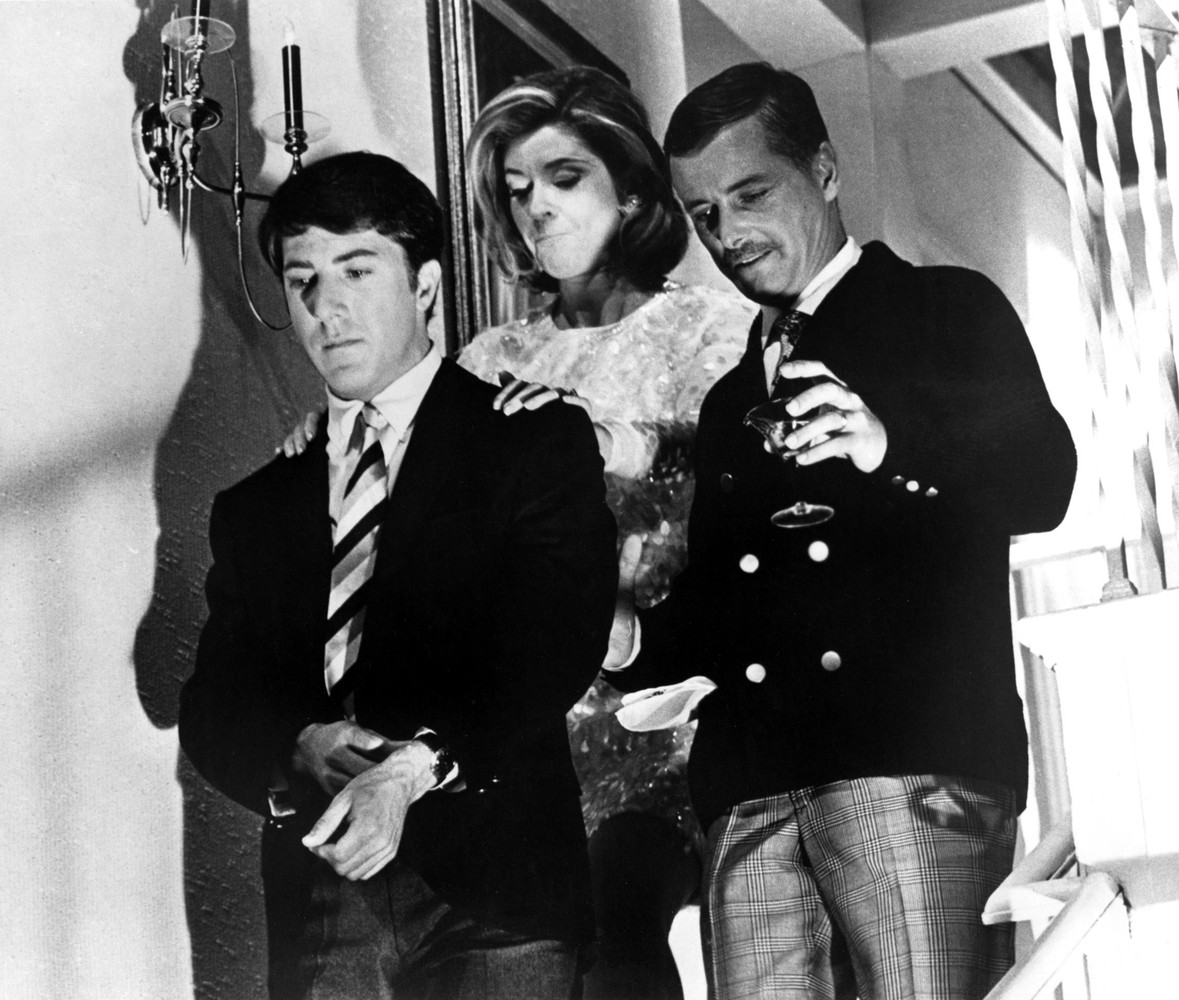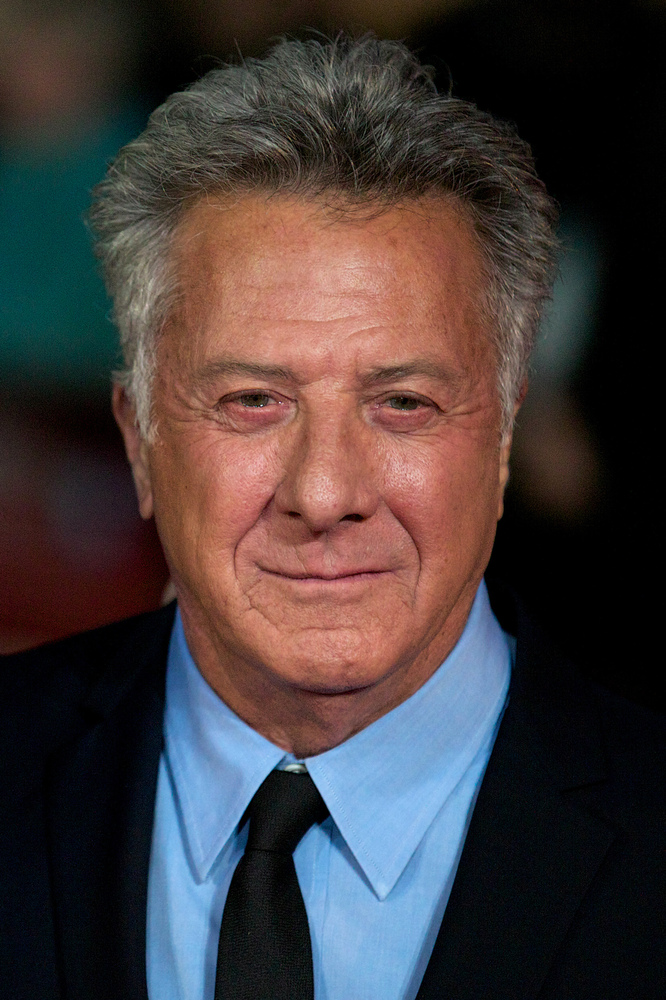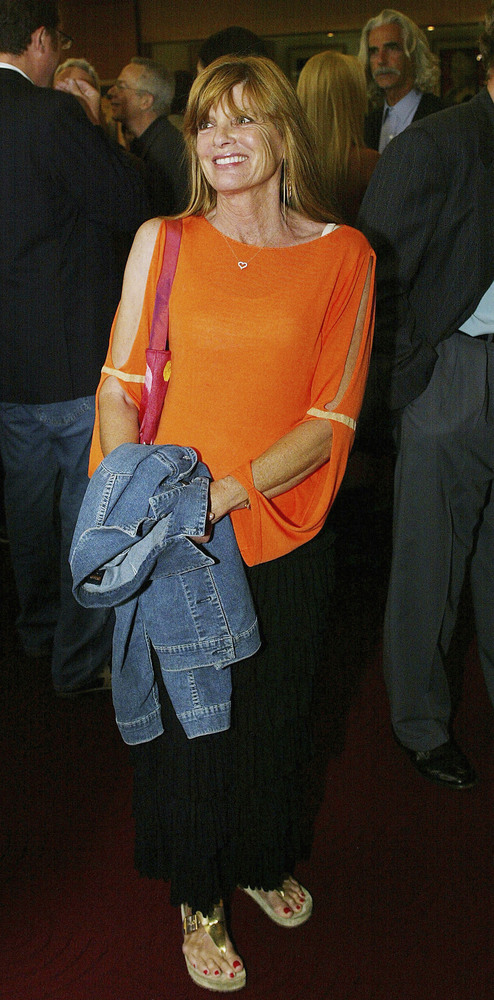
For such a small word, it packs incredible, immediate power shouted in the name of freedom, as in Chile’s official Oscar foreign film entry No, directed by Pablo Larraín (Tony Manero, Post Mortem) and starring Gael García Bernal.
Based on a pivotal moment in Chile’s history, the movie delves into the dueling “YES” and “NO” ad campaigns that aired on TV when dictator Augusto Pinochet scheduled a referendum in 1988, after 15 years in power, for citizens to vote “yes” or “no” to keep him as president another eight years. The movie, adapted from the play El Plebiscito by Antonio Skármeta, has a gritty, realistic feel, shot on videotape and weaving in actual footage from the campaigns. Bernal plays the fictional commercials ad man René Saavedra, who heads up the creatively astute, humorous, and hopeful coalition NO campaign, which beat out the Pinochet-driven YES campaign. Each campaign had 15 minutes of TV airtime a night for 27 days, with the NO campaign’s ad relegated to late night.
“It’s a very unique story. Dictators don’t usually leave power through a democratic process. They usually do it through a shootout,” Larraín told EW over the phone from Santiago, Chile. “The story had real authentic stuff coming from a real, authentic situation. It was written by a screenwriter, but created by a society. We fictionalized it, to tell it to the world somehow. This has the elements of a great story, with the crossover of advertisements and political communications. When we’ve shown the movie in a few countries so far, in the U.S., in Canada, in parts of Europe, London, Mexico, people think it’s close to them and way more contemporary. Being about this dramatic bastard Pinochet, the movie looks wider than what we thought.”
Larraín himself was only 12 during the 1988 referendum, and remembers bits and pieces. The NO campaign caught the country in a whirlwind of optimistic images of smiling, singing citizens – showing a version of “what could be” democracy if people voted “no” to Pinochet.
In the film, a catchy NO ad jingle melodically proclaims “Chile, happiness is coming!” spurred on by Bernal’s Saavedra emphasizing a lighter approach in contrast to showing darker images of the Pinochet regime’s longtime penchant for beheadings, torture, and disappearances.
The YES campaign presents Pinochet as a lovable leader out of uniform, “elegant” and “modern.” In one ad, he waves to a crowd, kisses a baby and hugs a child who literally sings his praises and weeps. It’s like portraying Godzilla as a teddy bear. Another YES ad showcases a rousing victory song, and a steamroller crushing lamps, TVs and moving towards a little girl, all while claiming the NO campaign doesn’t respect possessions.
“I remember how silly and violent the YES campaign, and original and moving the NO campaign, were,” said Larraín. “Most people can sing from the campaigns. It’s very important for us, and I grew with those images and music, and political content, and that dream that we had.”
As for Bernal, who has lent his beautiful face and smart, emotional acting to other politically minded movies such as 2004’s Che Guevara early biopic The Motorcycle Diaries and 2010’s Bolivia set Even the Rain, Larraín considers him a singular talent.
“He’s super talented, he’s animatic, and magnetic, and a super political guy. It’s great to have a smart, political actor on the set. He has this enormous history. No matter what he says, no matter how much he talks or expresses himself, he would always be hiding something,” said Larraín. “That’s wonderful, and creates the tension in the audience. With an actor such as him, there’s the mystery, how much can he keep inside. He’s amazing at that. For us, it’s been a privilege.”
The Oscar race, for Larraín, is another beast entirely. His 2008 film Tony Manero made the Oscar foreign film short list for that year, but the politics of getting a nomination is “all new,” he said.
“It’s exciting. It’s like being in a foreign supermarket. Any pressure? Not at all. Anything that can happen can be something good. If we get nominated, that would be wonderful,” he said. “Of course most people like awards and accomplishments. What I do really like is the movie gets showed, and more known by others. With that, I’m the happiest one. I don’t want to keep the movie in the closet.”
Larraín has seen other Oscar foreign film contenders such as Denmark’s A Royal Affair and Austria’s award-winning Amour, and likes them, he said.
But to bring any kind of attention to No means bringing attention to other struggles with freedom and authority in countries all over the globe, Larraín said, including in the U.S.
“If you make movies, as in my case, you talk about things that matter to you. In our human history, artists have been shaping a memory about invisible facts, things that aren’t there any more,” he said. “The responsibility is to be honest and proud of your own work. If you do that, you will connect with others. If you think what’s going on in Spain, what happened in American with Occupy Wall Street. The system is leaking. This movie is also about the economic system, and when you abuse this system. My country is owned by eight or 10 guys. The NO option won, but the YES option stayed.”
http://insidemovies.ew.com/2012/12/19/prize-fighter-chile-oscar-foreign-film-no-director-pablo-larrain/
